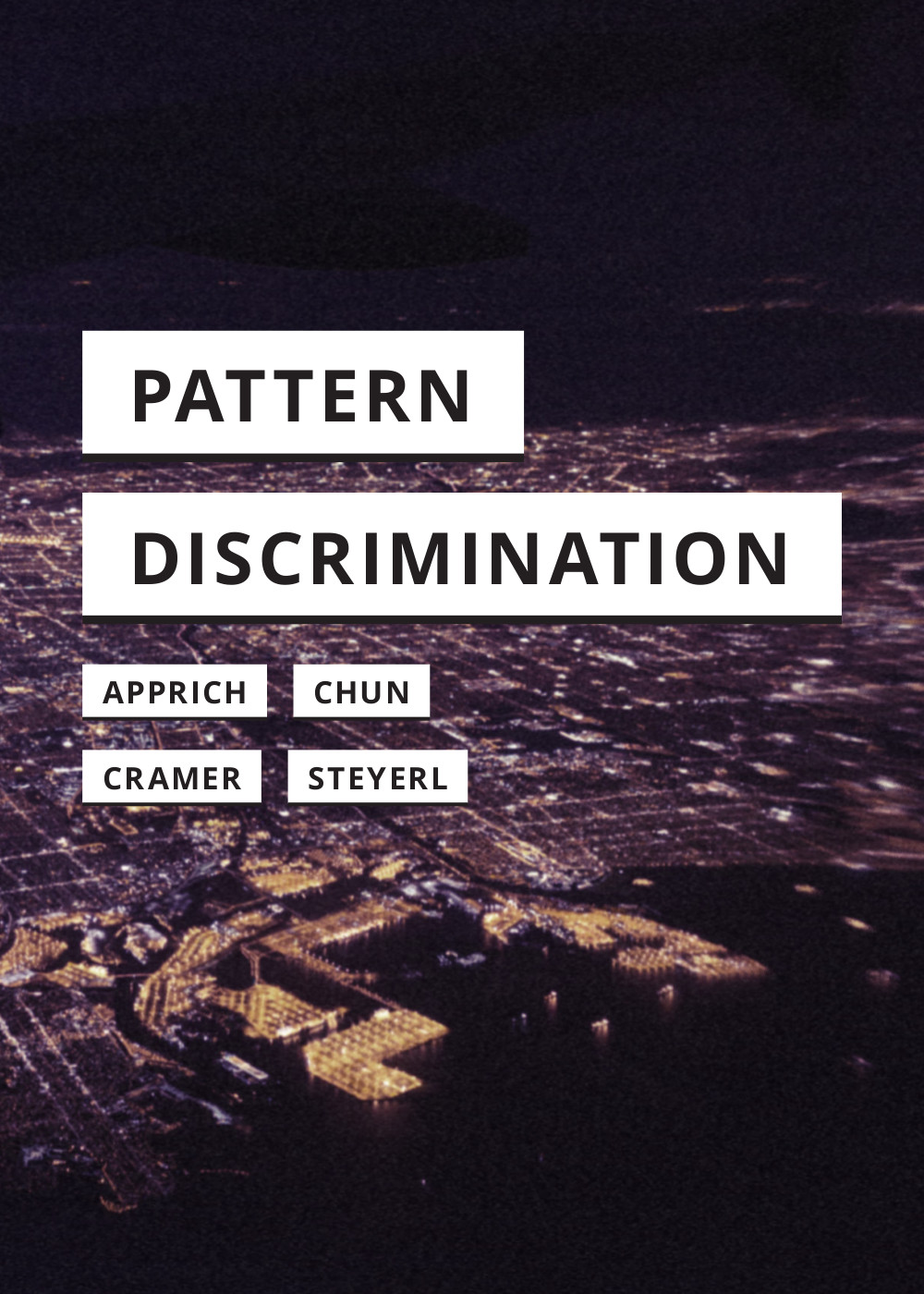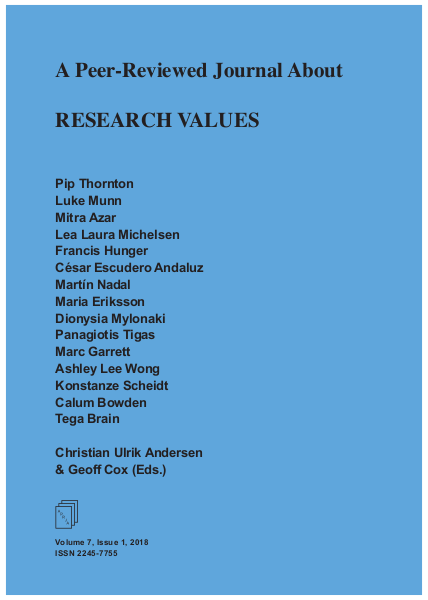Algolit: Data Workers (2019) [English/French]
Filed under book, catalogue, wiki book | Tags: · algorithm, artificial intelligence, data, literature, machine learning, natural language processing, poetry, text

“Companies create artificial intelligence (AI) systems to serve, entertain, record and learn about humans. The work of these machinic entities is usually hidden behind interfaces and patents. In the exhibition, algorithmic storytellers left their invisible underworld to become interlocutors.
The data workers operate in different collectives. Each collective represents a stage in the design process of a machine learning model: there are the Writers, the Cleaners, the Informants, the Readers, the Learners and the Oracles. The boundaries between these collectives are not fixed; they are porous and permeable. At times, Oracles are also Writers. At other times Readers are also Oracles. Robots voice experimental literature, while algorithmic models read data, turn words into numbers, make calculations that define patterns and are able to endlessly process new texts ever after.
The exhibition foregrounded data workers who impact our daily lives, but are either hard to grasp and imagine or removed from the imagination altogether. It connected stories about algorithms in mainstream media to the storytelling that is found in technical manuals and academic papers. Robots were invited to engage in dialogue with human visitors and vice versa. In this way we might understand our respective reasonings, demystify each other’s behaviour, encounter multiple personalities, and value our collective labour.
It was also a tribute to the many machines that Paul Otlet and Henri La Fontaine imagined for their Mundaneum, showing their potential but also their limits.”
Texts: Cristina Cochior, Sarah Garcin, Gijs de Heij, An Mertens, François Zajéga, Louise Dekeuleneer, Florian Van de Weyer, Laetitia Trozzi, Rémi Forte, Guillaume Slizewicz.
Publisher Constant, Brussels, 2019
Free Art License
52 pages
PDF, PDF, HTML (English)
PDF, PDF, HTML (French)
Git
Clemens Apprich, Wendy Hui Kyong Chun, Florian Cramer, Hito Steyerl: Pattern Discrimination (2018)
Filed under book | Tags: · algorithm, artificial intelligence, crapularity, data, identity, politics, race, racism, segregation, web

“Algorithmic identity politics reinstate old forms of social segregation—in a digital world, identity politics is pattern discrimination. It is by recognizing patterns in input data that Artificial Intelligence algorithms create bias and practice racial exclusions thereby inscribing power relations into media. How can we filter information out of data without reinserting racist, sexist, and classist beliefs?”
Publisher meson press, Lüneburg, in collaboration with the University of Minnesota Press, 2018
In Search of Media series
CC-BY-NC 4.0 International License
ISBN 9781517906450
xii+123 pages
Reviews: Nicola Bozzi (Theory, Culture & Society, 2019), Ulrike Wirth (rezens.tfm, 2020, DE).
Comment (0)A Peer-Reviewed Journal About, 7(1): Research Values (2018)
Filed under journal | Tags: · algorithm, biometrics, cultural politics, database, environment, knowledge, research, value

“There is value and there are values. There is the measure of wealth, metrified and calculated in numerous ways, and there are ideas, ethics, preferences of taste, and customs of ideology. […] But what really happens when the two are conflated? How do we understand how the values associated with something give it value; or, how giving something a value affords certain values? And, in what ways are the conflations of value and values tied to the circulation of value and values in contemporary technical infrastructures? […] The articles published in this issue interrogate value and values in ways that respond to techno-cultural shifts and embrace the range of economies that pervade digital culture.” (from Introduction)
Contributions by Pip Thornton, Luke Munn, Mitra Azar, Lea Laura Michelsen, Francis Hunger, César Escudero Andaluz & Martín Nadal, Maria Eriksson, Dionysia Mylonaki & Panagiotis Tigas, Marc Garrett, Ashley Lee Wong, Konstanze Scheidt, Calum Bowden, and Tega Brain.
Edited by Christian Ulrik Andersen and Geoff Cox
Publisher DARC, Aarhus University, Aarhus, July 2018
Creative Commons Attribution-NonCommercial-ShareAlike License
ISSN 2245-7755
166 pages
HTML, PDFs
PDFs (added on 2019-9-27)
PDF (7 MB, added on 2019-9-27)

